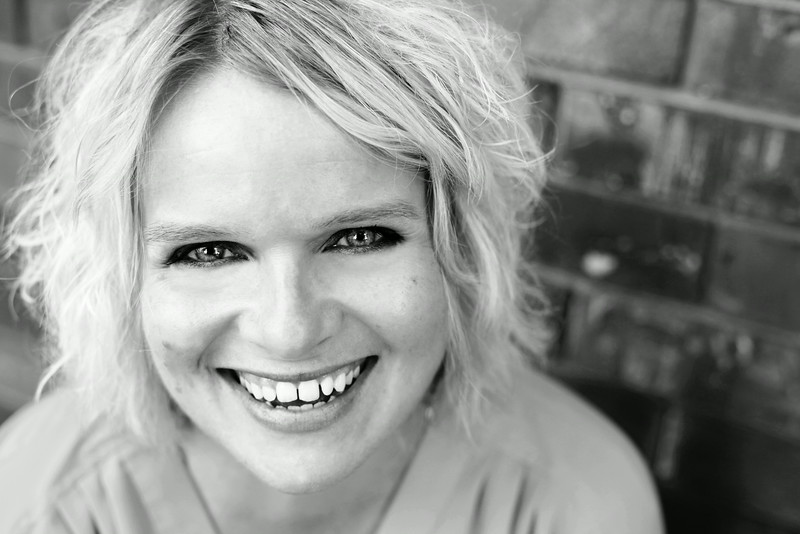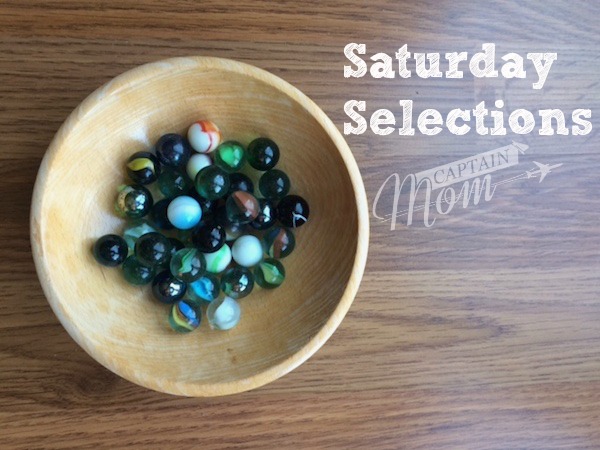The food fight was a common occurrence growing up in my house. Not the kind with bits of uneaten bread and cheese flying across the table, but a fight of a much different kind.
My mom was, and still is, and excellent cook. My beginnings in the kitchen are marked with her influence and that I am comfortable cooking many things from scratch while modifying and trying new recipes is a testament to her skills. I am certain I didn’t have chain fast food until I was well into elementary school.
This didn’t change the fact I have always been a somewhat picky eater. Not really a casserole kind of girl, I tend to prepare fresh food which of course makes it harder as a mother to keep the meals coming. I would like to think that I provide my child with mostly nutrional meals: foregoing (most of the time) processed foods with all kind of indecipherable ingredients, for “whole” foods whose ingredients I can either pronounce or that I put together myself.
So far, my little man has eaten most anything prepared for him. He is still quite young, so I have yet to see if his eating habits will become anything like mine.
***
I grew up in a home with a strict father whose own parents certainly expected nothing less of him than for his dinner plate to be clean, and with a mother who grew up poor and was used to wasting not a single thing. This did not translate into blessings for me. Their child was not about to get away refusing to eat certain foods, and refuse I most certainly did. Vegetables, stews, a few fruits, whole grain breads, casseroles, green beans, broccoli, cooked carrots, and meat other than beef or chicken were not favored by by palate. This was nothing personal against my parents; I just didn’t like the stuff.
I was a pretty compliant child who did not take joy in making my parents upset. Obedience was expected and enforced in my family-something I appreciate. But when it came to my eating (or lack thereof), I was in a position to force myself to do something that was physically unpleasant.
It wasn’t a rebellion against the authorities of the house.
After the umpteenth time of sitting with food on my plate alone at the dining room table, I wish my parents would have understood this. Unfortunately, they didn’t.
My dislike for foods was indeed taken as some sort of early rebellion, and I was doomed. My mother’s freshly prepared fish became the culprit and the target memory that represents many long nights at the dinner table. I was to eat what was put before me, and if that meant sitting there for two hours after the rest of the world moved on, so be it.
My older sister, on the other hand, would eat just about anything and enjoyed an impressive variety of ethnic foods from a young age. While a supposedly “normal” eater, she later became the connoisseur of food from all over, eventually developing an eclectic vegetarian diet. She became good inspiration for better eating habits on my part later on in my life, and always dispensed much useful advice and ideas on various types of foods and how they could be prepared.
At 12 years of age, however, her love of all foods was to me a profound annoyance. Here I was: The One Who Wouldn’t Eat.
Please. I ate plenty:
Hamburgers and fries, pasta and bread, cola, eggs, cereal, and well, little else. I had no desire to try foods outside of my own ethnic heritage (we should be patriotic eat American!) except for that country just south of us that touches our borders. Mexican food was always fine by me and provided a little variety outside of my normal realm of taste.
The infamous food battle was a clear difference separating me from the rest of the family; I was surrounded by people who would eat just about anything. My issues in this area were (in my mind) more than my parents could bear, and it was to me a clear abolishment from the rest of the family during what should have been, you know, some quality family time.
This abolishment was never more pathetically apparent than on the nights my mother inconsiderately chose to prepare fish.
Baked, pan-fried, broiled, boiled, coated with butter and herbs, I didn’t like it then, I don’t like it now. And it was the one food my mother just HAD to keep fixing for the completely irrational reason that the rest of the family really loved the stuff. I have many memories of evenings spent alone at the dinner table, with a plate of cold fish a few inches under my chin, surrounded by a batch of cooked vegetables.
Here is the image I remember:
My dad off relaxing in the living room, my sister long disappeared to her room, and my mother in bustling around and cleaning up the kitchen. Except for my sister–who I really think couldn’t have cared one way or the other about my eating habits–everyone’s after dinner activities on those nights seemed quite unnecessarily exaggerated. Honestly, I felt like I was being viewed as a hopeless case of a child. Won’t eat her fish! Indeed, what will become of her?
I tried everything of course: dispensing of it down the heating vent, trying to sneak some back on the serving dish, hiding it. (You can effectively hide small pieces of white, flaky fish in a white napkin, but only if you are careful not to let any of it drop noticeably on the green shag carpet on your way to the kitchen. This will get you caught and into more trouble than you were in the first place).
I wish it had been a clue to my parents that the fact I would rather go hungry than eat a fish meal was driven by a true distaste for the food. It wasn’t. Only when these efforts were unsuccessful, or undoable, would I resort to laboriously forcing moist, lukewarm fish down my throat in the hopes I could make it appear I’d eaten most of it.
My mother, bless her, would come to me after about half an hour of this foolishness and notice my fish was no longer hot, and well, no wonder I wouldn’t eat it. Whisking my plate off the table and back into the kitchen, she would reheat my food, and bring it back to me renewed-pronouncing the fish hot again and therefore ready to eat. There, she would say, that should be much better. As if a hot serving of food I intensely disliked was any better than getting it cold.
If only it was.
***
The expectations for my own children will be that they eat what is prepared-or they simply won’t eat. My husband and I certainly have no intentions of rushing off to the kitchen and preparing something to suit everyone’s likes and dislikes (except our own, of course).
So who won all those food fights? I’m not really sure. I never learned to like fish. I have, however learned to enjoy a variety of foods I did not eat as a child. Sitting at the dinner table for hours on end is not what led to my broadened tastes. The one thing that experience did teach me is how to hold a bite of green beans in my mouth with a big smile and chew them like a trooper in front of my little boy.
Score one to the parents for teaching me that.

 Hello! I'm Rhonda. Welcome to Captain Mom.®
The house is full of boys, the life is rural, and the pilot life schedule is always up in the air...
Hello! I'm Rhonda. Welcome to Captain Mom.®
The house is full of boys, the life is rural, and the pilot life schedule is always up in the air...







